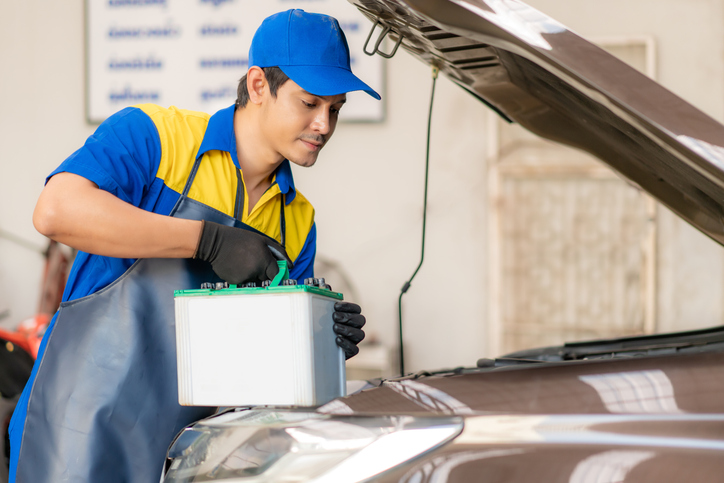Tuesday, November 19, 2024
The ecological transition aims to solve one of its main objectives: finding ways to store energy sustainably
Is it possible to find an energy storage solution that is completely respectful of the environment? The truth is that, although a technology of that type has not been successfully implemented so far, the possibility still exists. This is evidenced by the projects developed around prototypes of organic batteries that can store energy without the use of heavy metals or inorganic materials. Their compounds, generally derived from biomass, polymers—macromolecules used in the production of polyethylene, nylon, or rubber—or even industrial waste, make them an attractive idea from both an ecological and economic standpoint.
Organic batteries not only have thermal stability, but also high performance and lower costs, as they do not require scarce materials in nature. These reasons are relevant for driving the necessary investment, as challenges for large-scale implementation still remain.
One of these prototypes was developed by HIGREEW, funded by the European Commission , and involves more than 10 organizations from various countries. They claim that its battery is capable of providing long-lasting, high-energy performance through a next-generation organic electrolyte system and redox flow. The design of materials, based on chemistry and nature, is inspired by compounds found in living organisms, allowing for lower costs.
Among the milestones of this project, tested at various installations across Europe, are the development of new organic compounds capable of enabling high-voltage batteries and the creation of more selective membranes with low-cost processing. These are achievements that allow for an increase in power of more than 10% and extending the system's lifespan, all at a lower cost. In addition, this type of battery carries a much lower risk of fire or explosion.
Another one of the promising prototypes has been developed by the Massachusetts Institute of Technology (MIT). Although this one is intended for electric cars, the research group has successfully developed batteries with cathodes—the positive electrode that receives electrons during discharge, allowing the flow of electric current—made from organic materials, making them more sustainable and capable of maintaining the same electric current conduction speed. What about the manufacturing cost? Between a third and half of the cost of a traditional battery.
In this way, organic batteries promise less pollution, great power, and enhanced safety. Likewise, they can contribute to the sustainability of renewable energy sources by storing energy in an environmentally friendly way.
These are projects that promise to solve major challenges, as the demand for all types of batteries—mainly driven by the widespread adoption of electric vehicles, the manufacturing of electronic devices, and industrial transformation—is expected to increase up to four times the materials used in traditional batteries, such as cobalt and lithium.
The development of organic batteries would open the door to greater accessibility and reduced costs, with a more responsible and sustainable use.
¿Te ha parecido interesante?





